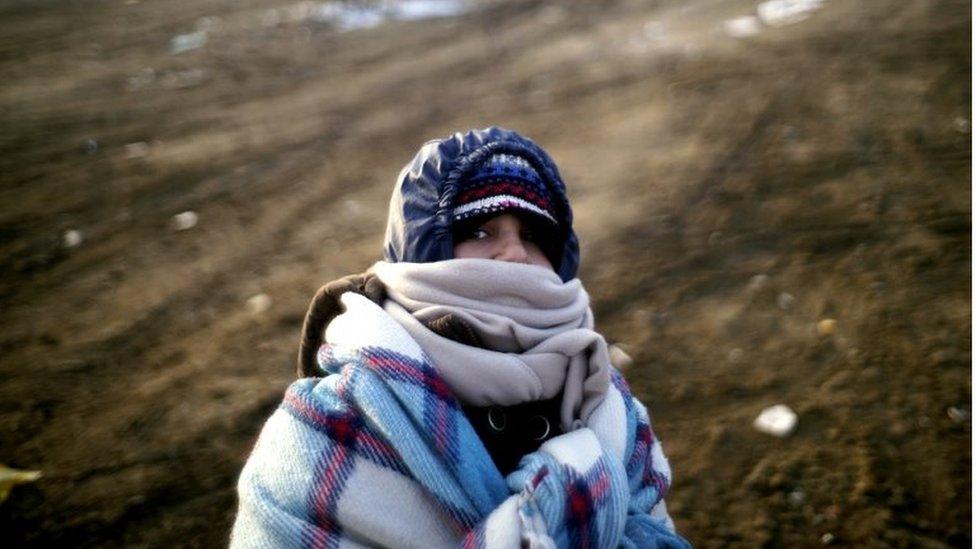Calais migrants: Councils 'must help assess children'
- Published
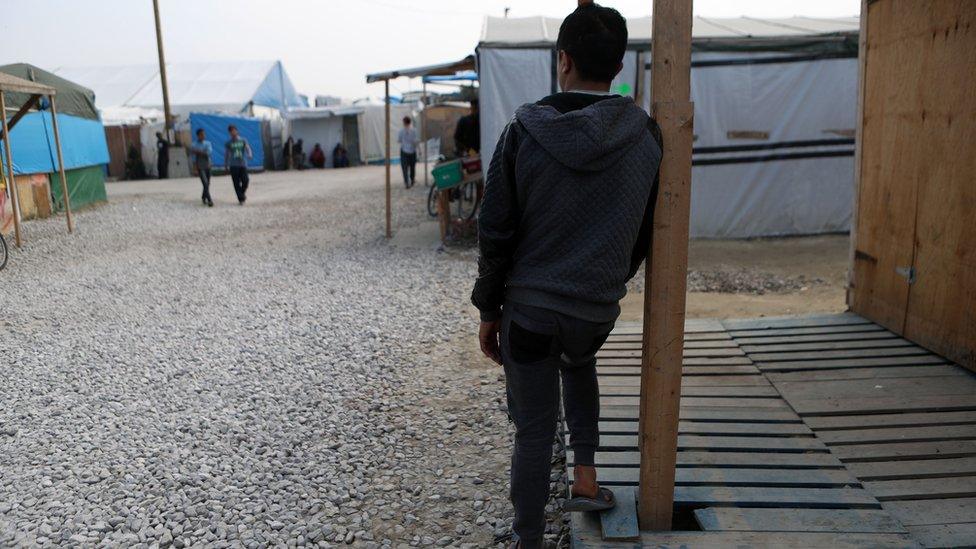
Recent figures estimated there are about 600 unaccompanied child migrants in the Calais camps
Councils say they should be involved in assessing the needs of child migrants in Calais before they arrive in the UK.
About 4,000 lone children are claiming asylum in the UK, with their care and resettlement down to local authorities.
The Local Government Association says earlier involvement will make it easier for councils to help children settle.
It comes ahead of a meeting of UK and French officials at the Calais camp, known as the Jungle, to discuss improving care for migrant children.
'Support packages'
Councillors from the Local Government Association (LGA), which represents most local authorities in England and Wales, will visit the makeshift site in Calais, on the north coast of France, with its mayor Natacha Bouchart in a bid to join up efforts to help vulnerable children travelling alone.
It is hoped that expertise could be shared between the countries on how to keep lone young people safe and ensure they receive the appropriate care, the LGA said.
What happens to lone child migrants?
Safid's story: 'I don't have any hope left'
Figures produced by the charity Help Refugees in July said that 608 of the 751 children living in the camp were unaccompanied, with thousands more thought be alone and vulnerable across Europe.
Many children are alone in the Calais camp known as the Jungle
Under a scheme announced in May, the government said lone child refugees registered in France, Italy or Greece before 20 March could be resettled in the UK.
Ministers had been under pressure to accept 3,000 unaccompanied child refugees from Europe, but then-Prime Minister David Cameron said numbers would depend on what local councils could cope with.
Local councils are responsible for costs including schooling, foster care, university fees and housing, and receive funding at a fixed rate from central government.
David Simmonds, chairman of its asylum, refugee and migration task group, said councils want to "get it right" for children who had experienced horrendous conditions within and since fleeing their country of origin.
"Many children will require care and support packages directly from councils or their partners if they are not able to be relocated with existing family in Europe or the UK.
"Ideally, councils will work alongside government and their partners to assess children and agree their needs before they enter the UK."
More than 10,000 migrant children may have disappeared after arriving in Europe over the past two years, the EU's police intelligence unit has said, warning many may have fallen prey to criminal gangs.
- Published10 July 2016
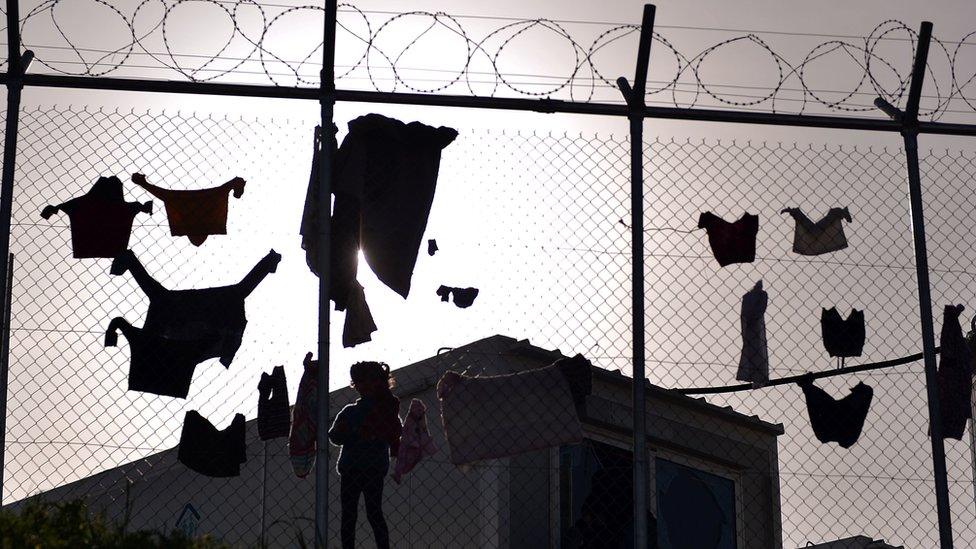
- Published4 May 2016
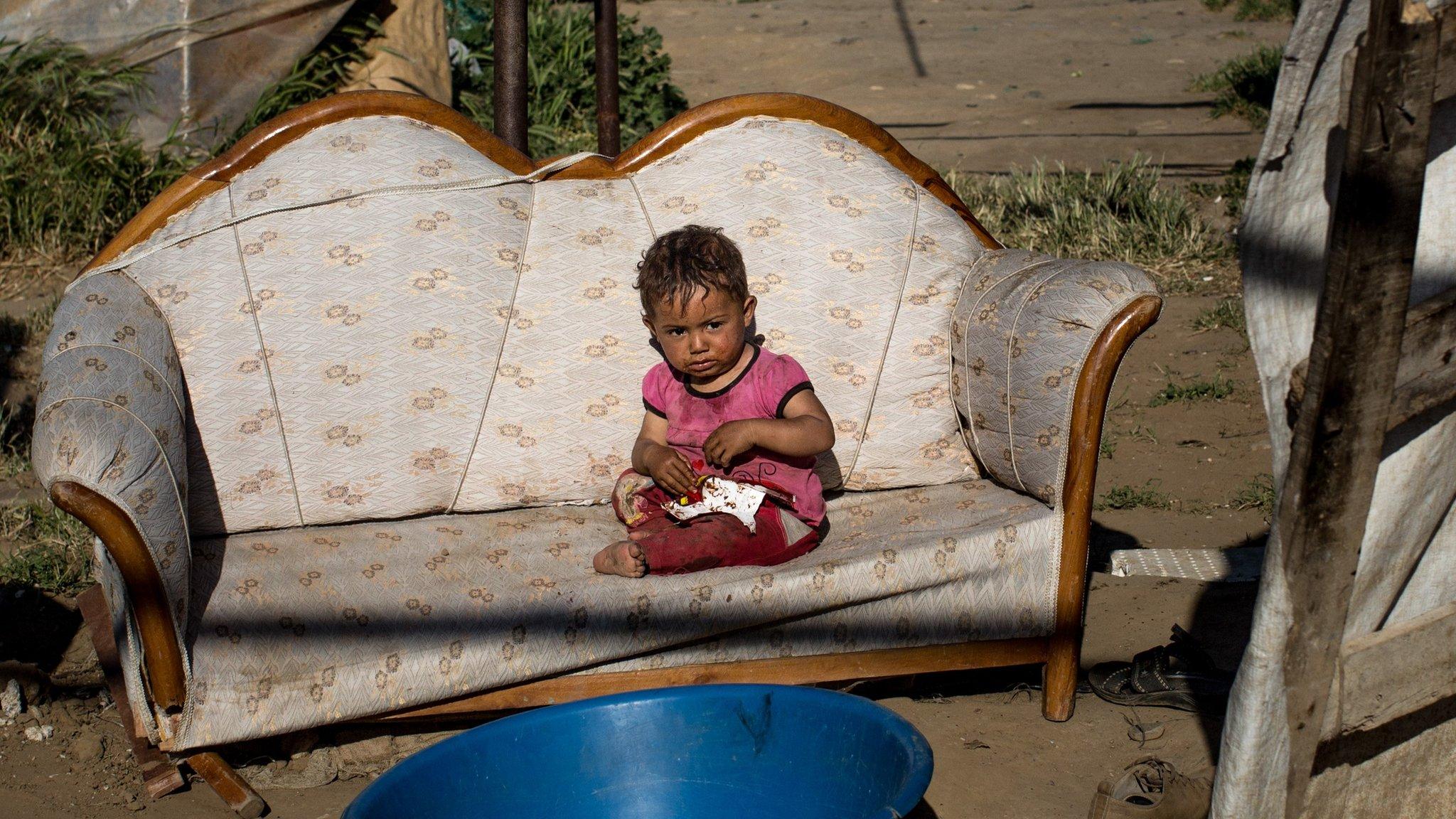
- Published21 April 2016

- Published9 April 2016
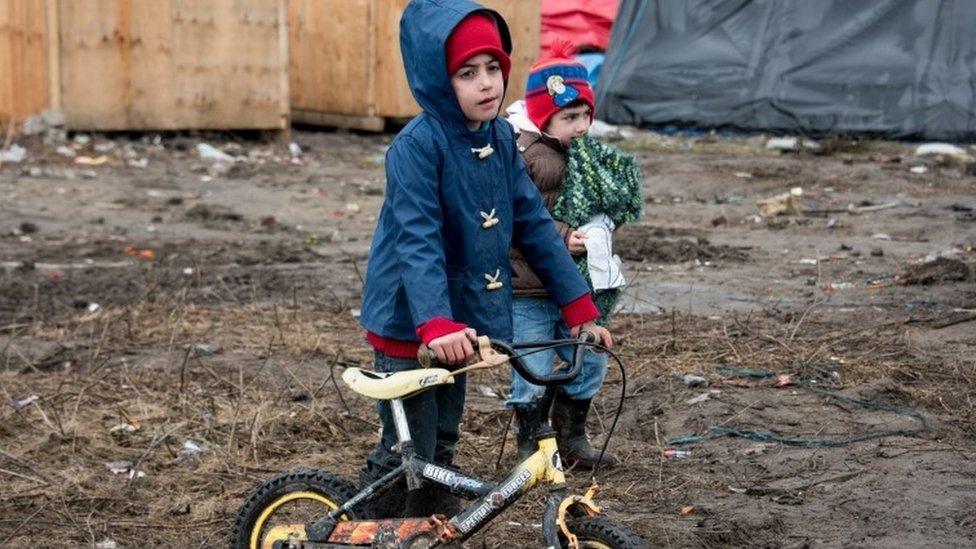
- Published31 January 2016
